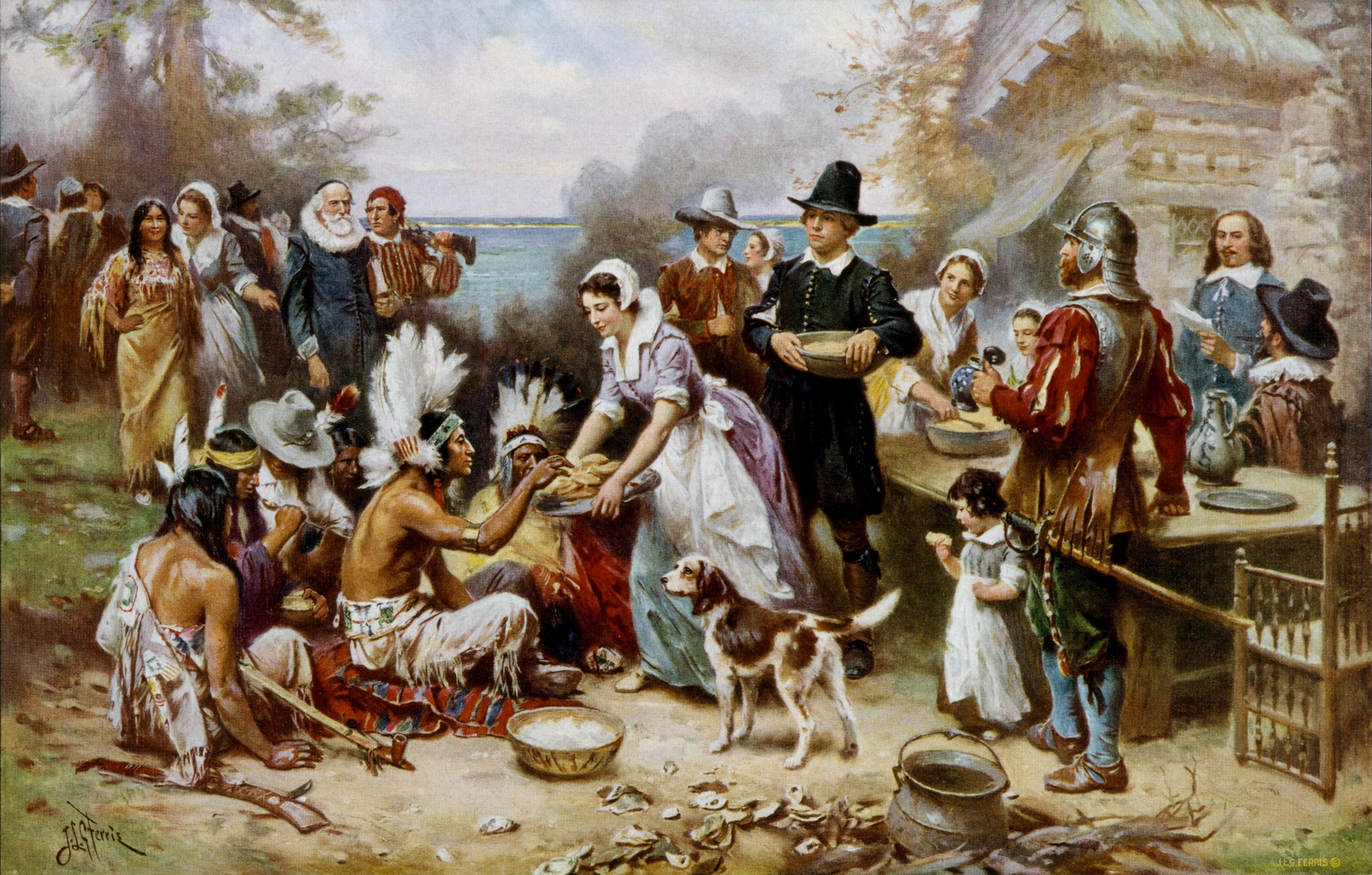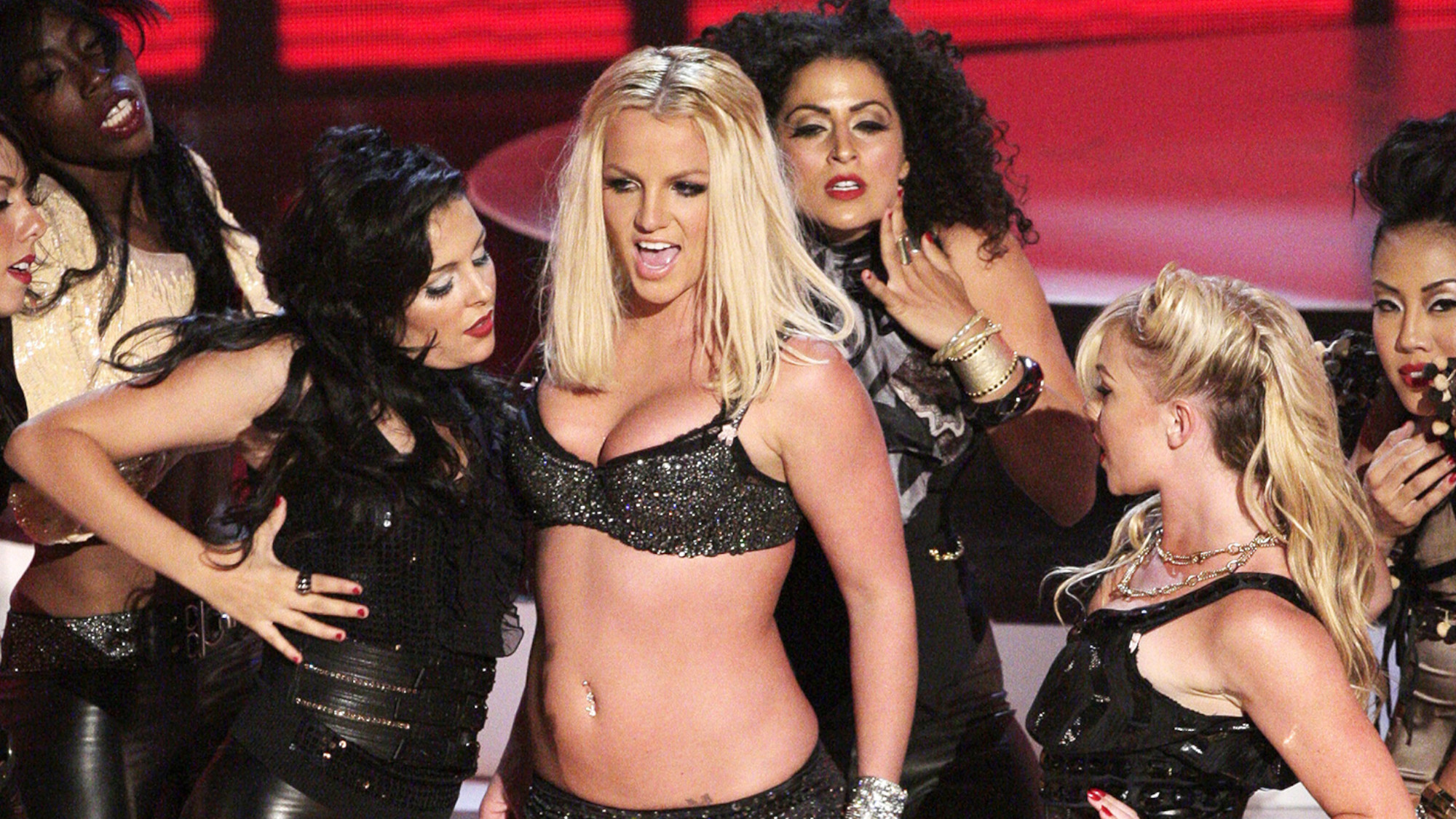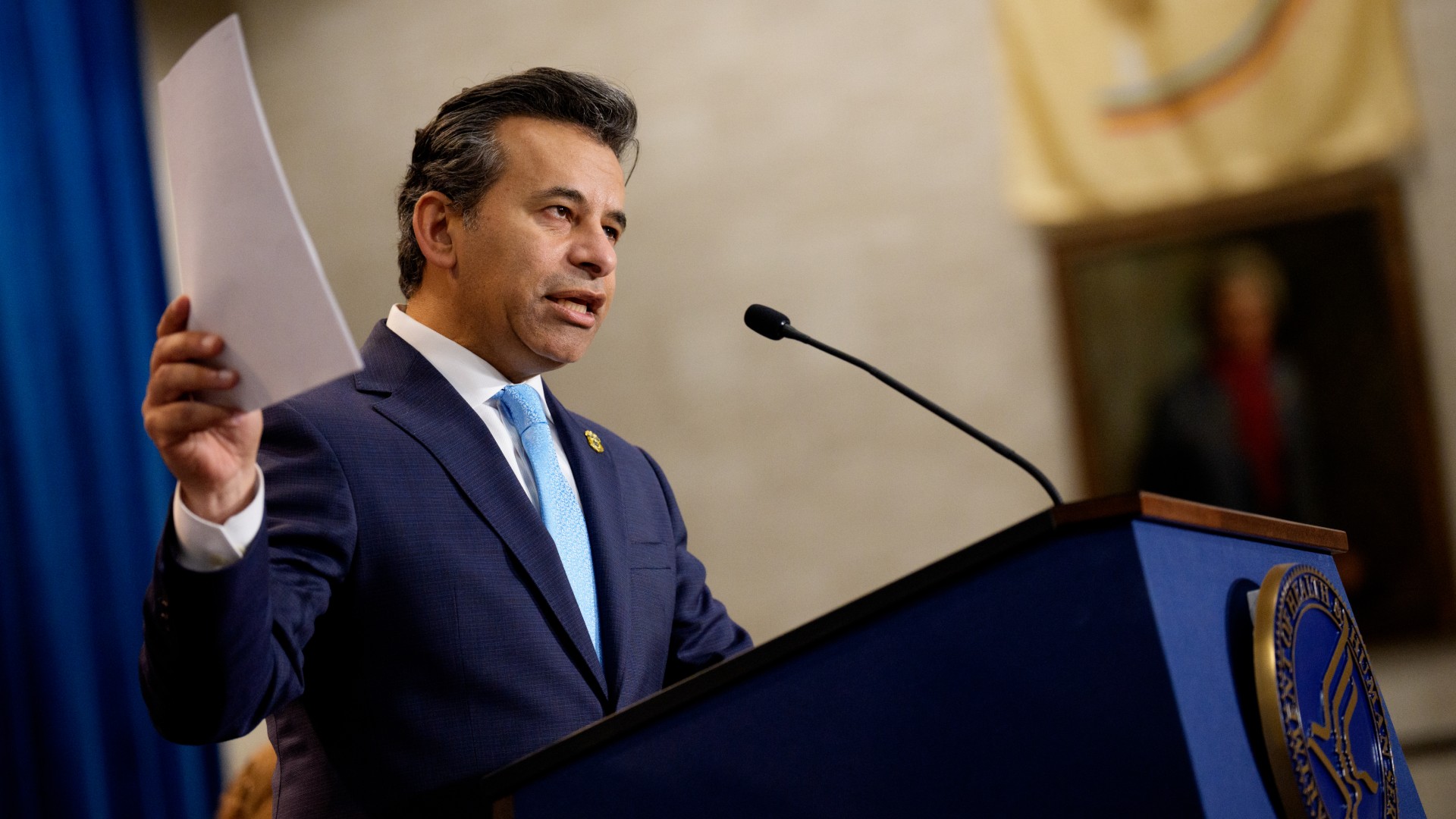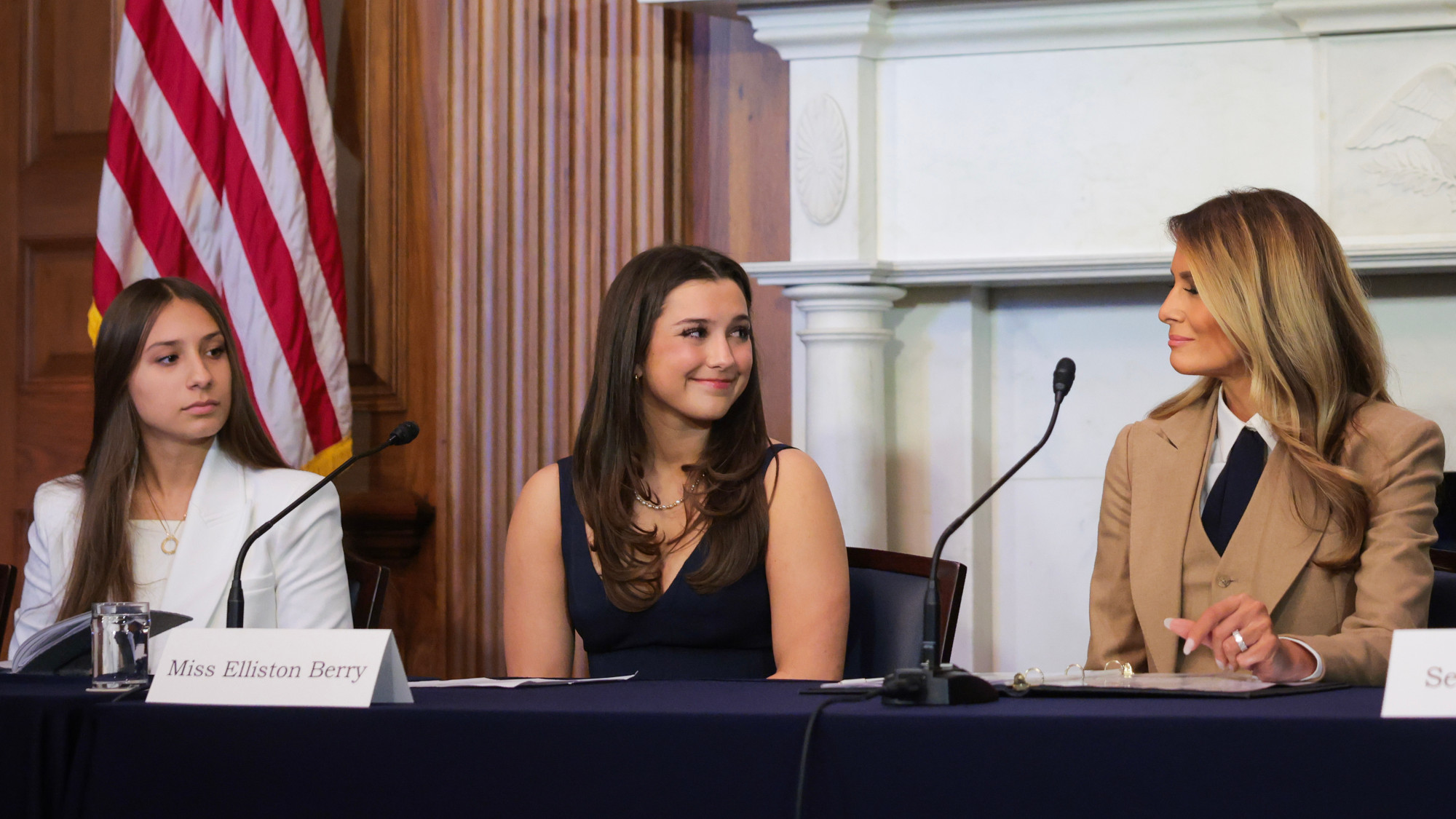The long, misunderstood, vaguely embarrassing history of the slur 'Indian giver'
As we celebrate Thanksgiving, there are lessons to be learned from the origins of an out-of-favor playground slur


Thanksgiving commemorates the friendship of the Pilgrims and the Native Americans who helped them survive in the New World. It was a complicated friendship, however, rife with understandable cultural misunderstandings. One of them resulted in a phrase that has, thankfully, fallen from favor: "Indian giver."
By the time Thomas Hutchinson, a Massachusetts politician and historian, wrote his history of the Massachusetts Bay colony in 1764, the English settlers had already been using the term for some time. "An Indian gift," Hutchinson wrote 251 years ago, "is a proverbial expression signifying a present for which an equivalent return is expected." In John Russell Bartlett's 1848 Dictionary of Americanisms, he codified "Indian giver," defining it like this:
When an Indian gives any thing, he expects to receive an equivalent, or to have his gift returned. The term is applied by children to a child who, after having given away a thing, wishes to have it back again. [Dictionary of Americanisms]
The phrase was widely used in newspaper headlines in the early 20th century as shorthand for one party in a divorce case who demands back a gift from the other, NPR's Lakshmi Gandhi noted in 2013, and it is still used today, impolitely, to mean a friend "who is so uncivilized as to ask us to return a gift he has given," as Lewis Hyde recounts in his book The Gift. Louis CK calls the term "one of the most offensive things" you can call somebody, tracing its origins (incorrectly but wryly) to a belief that the Native Americans "gave us America" and then "changed their minds about giving it to us."
Subscribe to The Week
Escape your echo chamber. Get the facts behind the news, plus analysis from multiple perspectives.

Sign up for The Week's Free Newsletters
From our morning news briefing to a weekly Good News Newsletter, get the best of The Week delivered directly to your inbox.
From our morning news briefing to a weekly Good News Newsletter, get the best of The Week delivered directly to your inbox.
But the phrase actually arose from much more mundane cultural miscues, and not ones that cast the Pilgrims and their Massachusetts Puritan brethren in a terribly favorable light. Dave Wilton, a word historian who dedicated an entire book to "debunking linguistic urban legends," pins the problem on different ideas of commerce and gift-giving:
Native Americans, without a system [of] monetary currency, conducted trade via barter. To an Indian, the giving of gifts was an extension of this system of trade and a gift was expected to be reciprocated with something of equal value. Europeans, upon encountering this practice, misunderstood it, considering it uncouth and impolite. To them, trade was conducted with money, and gifts were freely given with nothing expected in return. So this native practice got a bad reputation among the white colonists of North America and the term eventually became a playground insult. [Wordorigins]
That's pretty dry, but it's roughly in line with what Hyde proposes in The Gift. Hyde illustrates it better, though, through a little historical fiction:
Imagine a scene. An Englishman comes into an Indian lodge, and his hosts, wishing to make their guest feel welcome, ask him to share a pipe of tobacco. Carved from a soft red stone, the pipe itself is a peace offering that has traditionally circulated among the local tribes, staying in each lodge for a time but always given away again sooner or later. And so the Indians, as is only polite among their people, give the pipe to their guest when he leaves. The Englishman is tickled pink....A time passes and the leaders of a neighboring tribe come to visit the colonist's home. To his surprise he finds his guests have some expectation in regard to his pipe, and his translator finally explains to him that if he wishes to show his goodwill he should offer them a smoke and give them the pipe. In consternation the Englishman invents a phrase to describe these people with such a limited sense of private property. The opposite of "Indian giver" would be something like "white man keeper" (or maybe "capitalist"), that is, a person whose instinct is to remove property from circulation. [The Gift]
That origin story for the phrase Indian giver "speaks volumes," Amanda Palmer says in her book The Art of Asking. "The Englishman can't understand why anyone would be so rude to expect to be given this thing that belongs to him," she says, summarizing Hyde's argument.
Nowadays, the celebration of Thanksgiving — remembering all the things and people and relationships we are grateful for — quickly turns into a bargain-hunting bacchanal based on what we can get next. Not to get too preachy, but Hyde's history of what became a playground slur contains a message about Black Friday and Christmas, too:
The Indian giver (or the original one, at any rate) understood a cardinal property of the gift: Whatever we have been given is supposed to be given away again, not kept. Or, if it is kept, something of similar value should move on in its stead.... You may keep your Christmas present, but it ceases to be a gift in the true sense unless you have given something else away. [The Gift]
Of all the problems the Pilgrims had, incidentally, over-commercializing Christmas was not one of them. The Pilgrims had nothing but contempt for Christmas gifts and festivities, and the Puritans banned celebration of Jesus Christ's birthday celebration for much of the 17th century. Stick that in your pipe and smoke it — just don't forget to pass on the pipe next time you have an esteemed visitor.
Sign up for Today's Best Articles in your inbox
A free daily email with the biggest news stories of the day – and the best features from TheWeek.com
Peter has worked as a news and culture writer and editor at The Week since the site's launch in 2008. He covers politics, world affairs, religion and cultural currents. His journalism career began as a copy editor at a financial newswire and has included editorial positions at The New York Times Magazine, Facts on File, and Oregon State University.
-
 Book reviews: 'Girl on Girl: How Pop Culture Turned a Generation of Women Against Themselves' and 'Notes to John'
Book reviews: 'Girl on Girl: How Pop Culture Turned a Generation of Women Against Themselves' and 'Notes to John'Feature The aughts' toxic pop culture and Joan Didion's most private pages
-
 The FDA plans to embrace AI agencywide
The FDA plans to embrace AI agencywideIn the Spotlight Rumors are swirling about a bespoke AI chatbot being developed for the FDA by OpenAI
-
 Digital consent: Law targets deepfake and revenge porn
Digital consent: Law targets deepfake and revenge pornFeature The Senate has passed a new bill that will make it a crime to share explicit AI-generated images of minors and adults without consent
-
 In the future, will the English language be full of accented characters?
In the future, will the English language be full of accented characters?The Explainer They may look funny, but they're probably here to stay
-
 10 signature foods with borrowed names
10 signature foods with borrowed namesThe Explainer Tempura, tajine, tzatziki, and other dishes whose names aren't from the cultures that made them famous
-
 There's a perfect German word for America's perpetually enraged culture
There's a perfect German word for America's perpetually enraged cultureThe Explainer We've become addicted to conflict, and it's only getting worse
-
 The death of sacred speech
The death of sacred speechThe Explainer Sacred words and moral terms are vanishing in the English-speaking world. Here’s why it matters.
-
 The delicate art of using linguistics to identify an anonymous author
The delicate art of using linguistics to identify an anonymous authorThe Explainer The words we choose — and how we use them — can be powerful clues
-
 Dashes and hyphens: A comprehensive guide
Dashes and hyphens: A comprehensive guideThe Explainer Everything you wanted to know about dashes but were afraid to ask
-
 A brief history of Canadian-American relations
A brief history of Canadian-American relationsThe Explainer President Trump has opened a rift with one of America's closest allies. But things have been worse.
-
 The new rules of CaPiTaLiZaTiOn
The new rules of CaPiTaLiZaTiOnThe Explainer The rules for capitalizing letters are totally arbitrary. So I wrote new rules.
